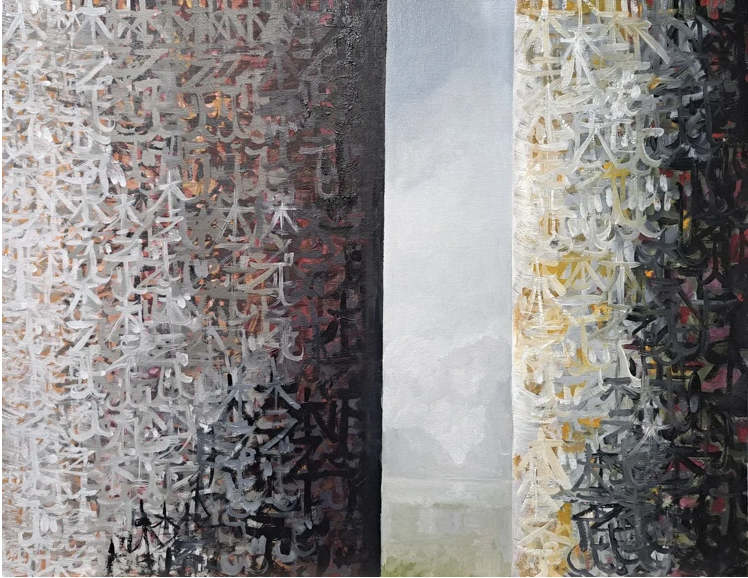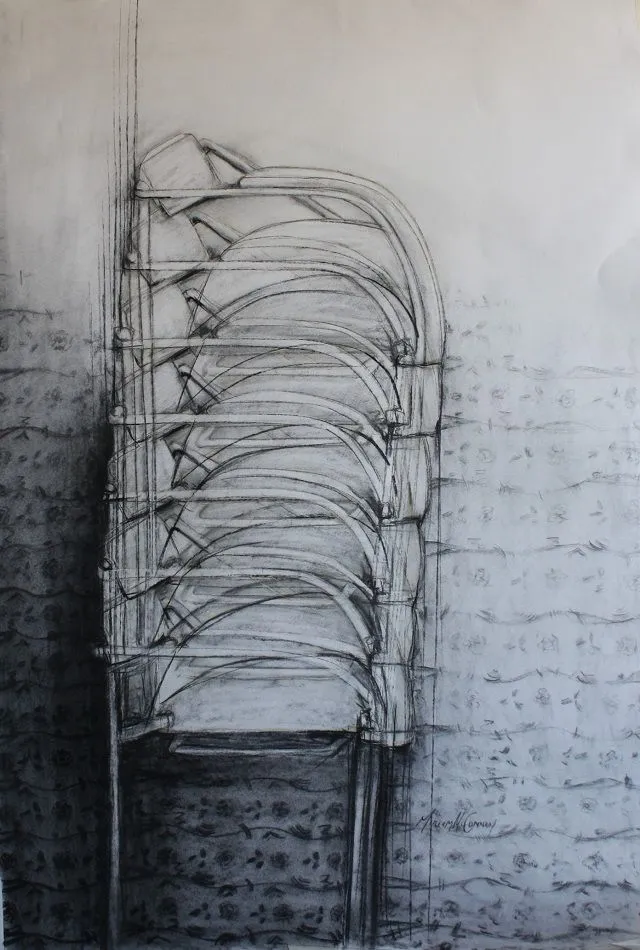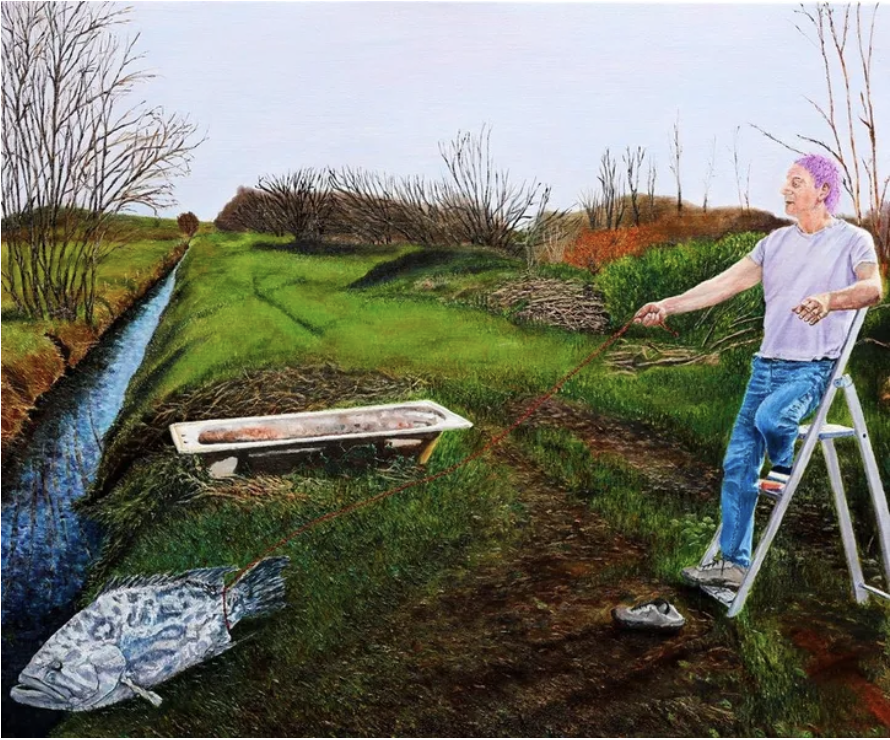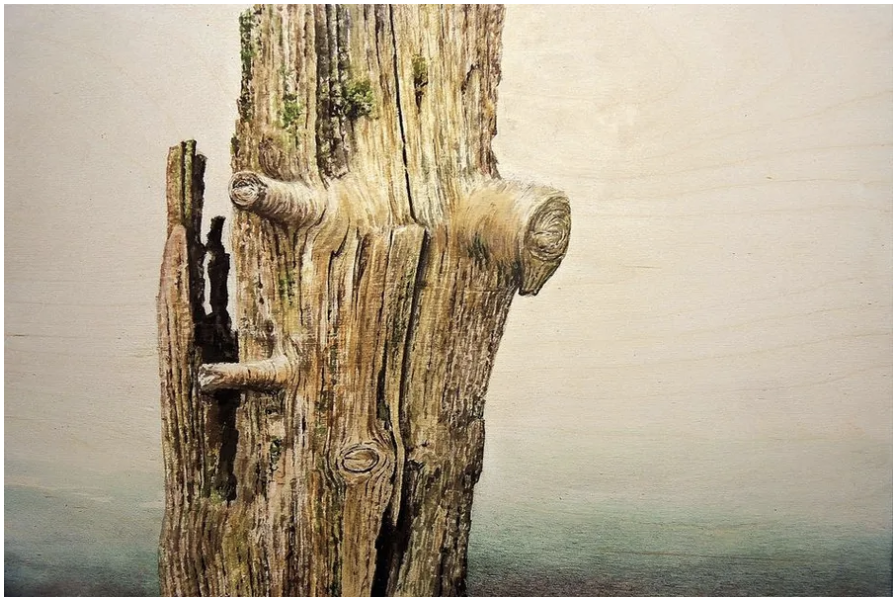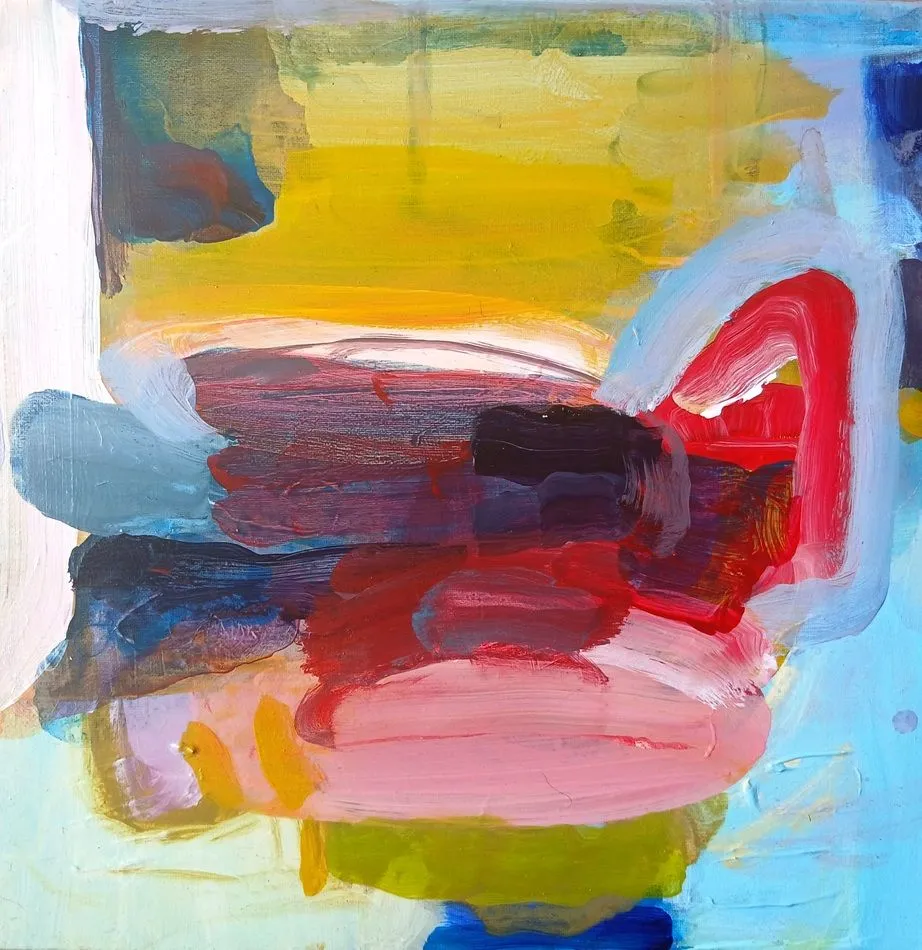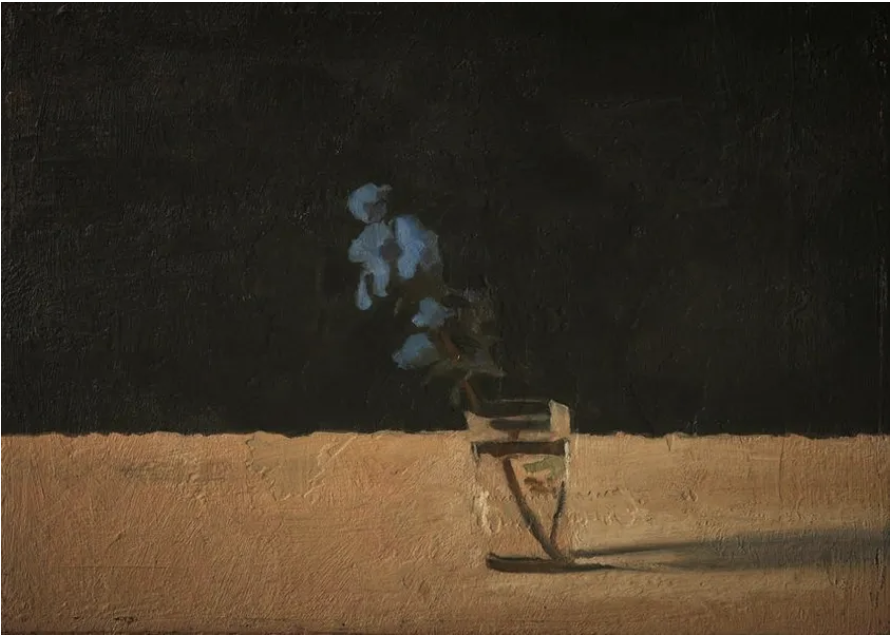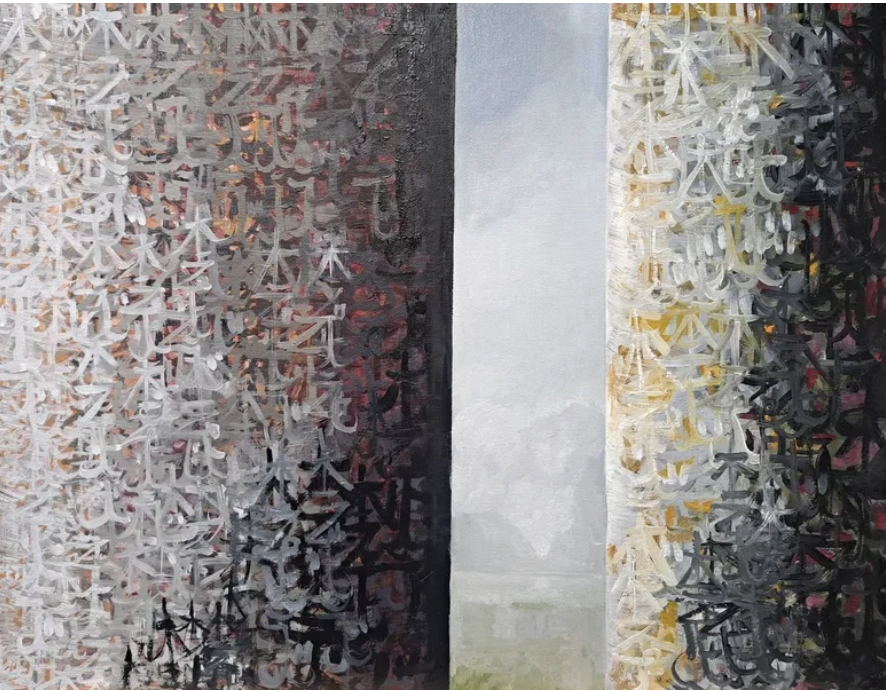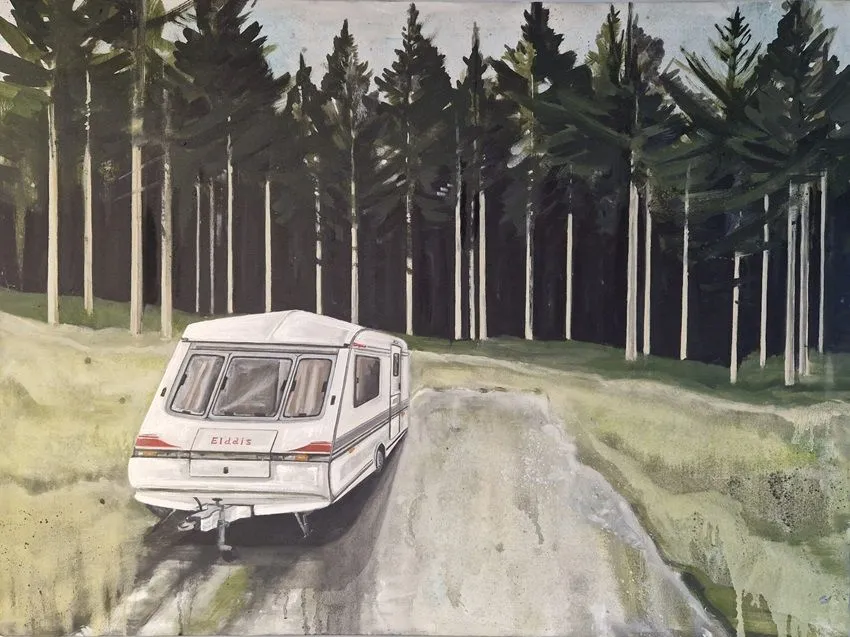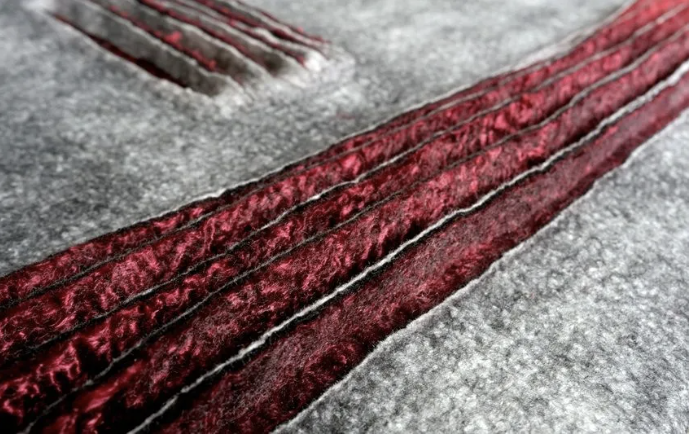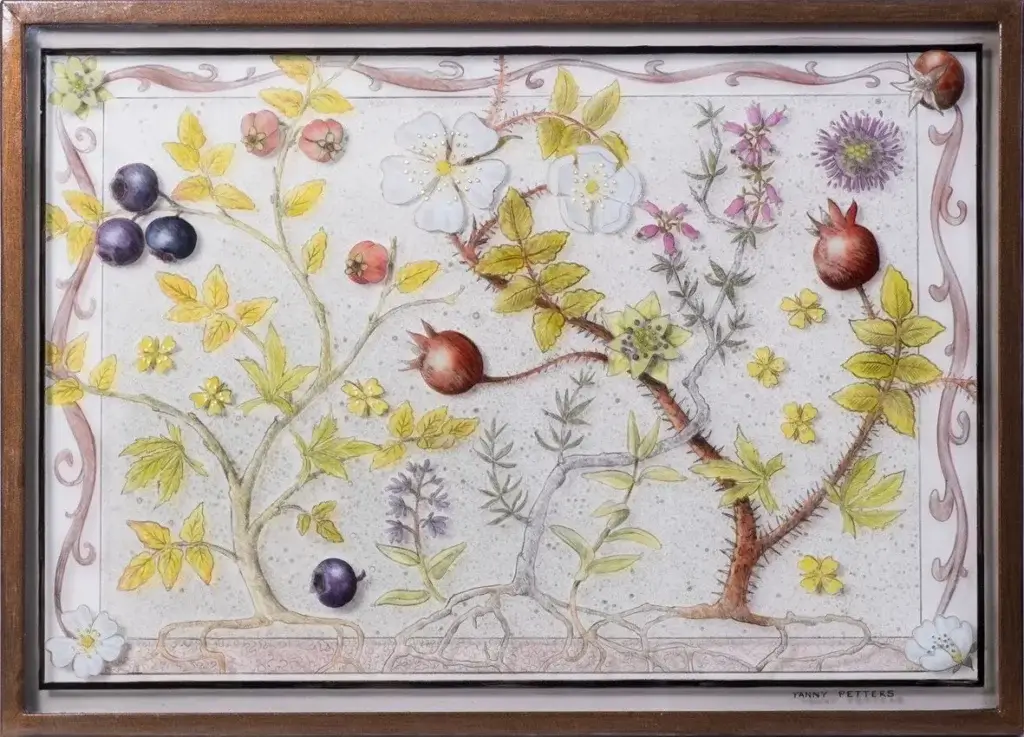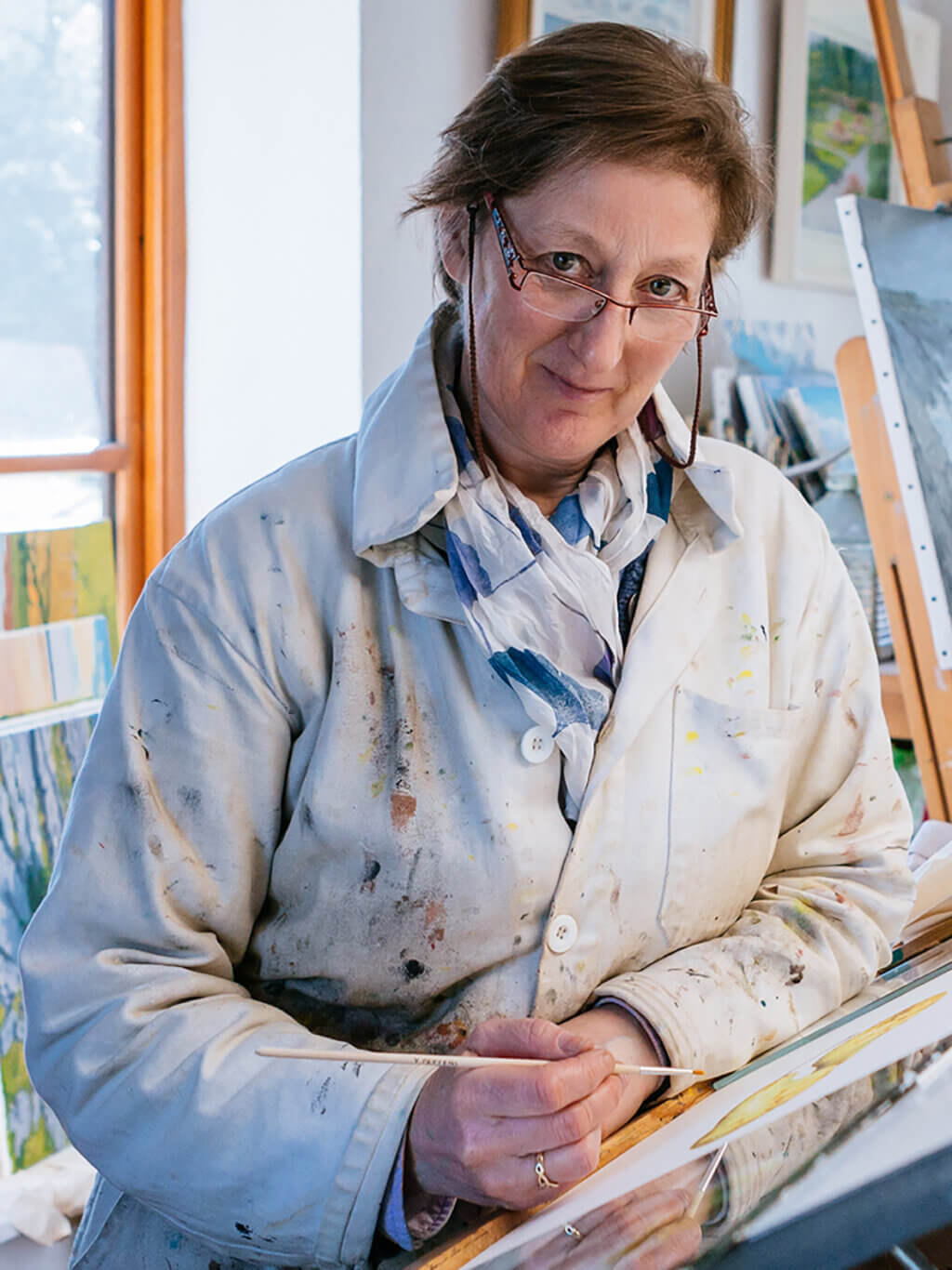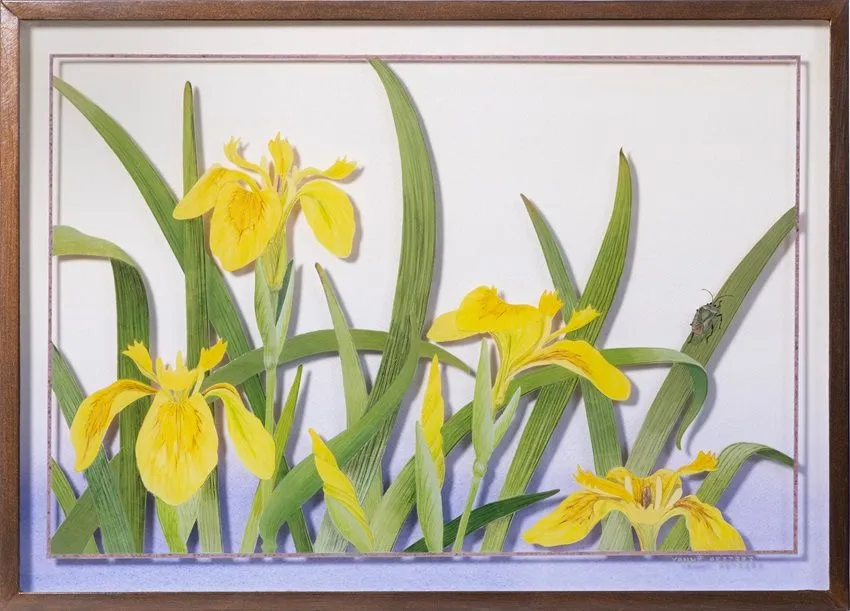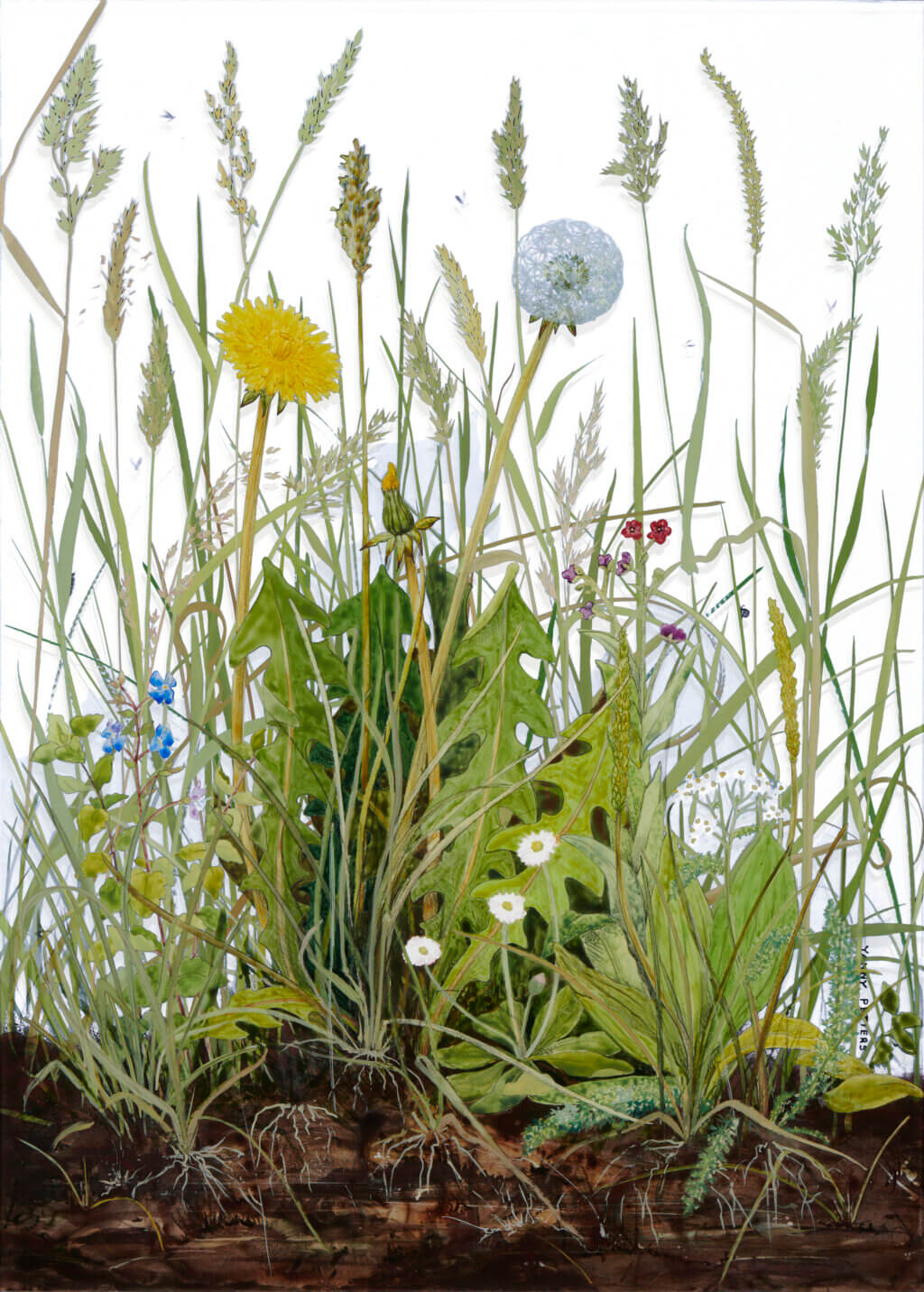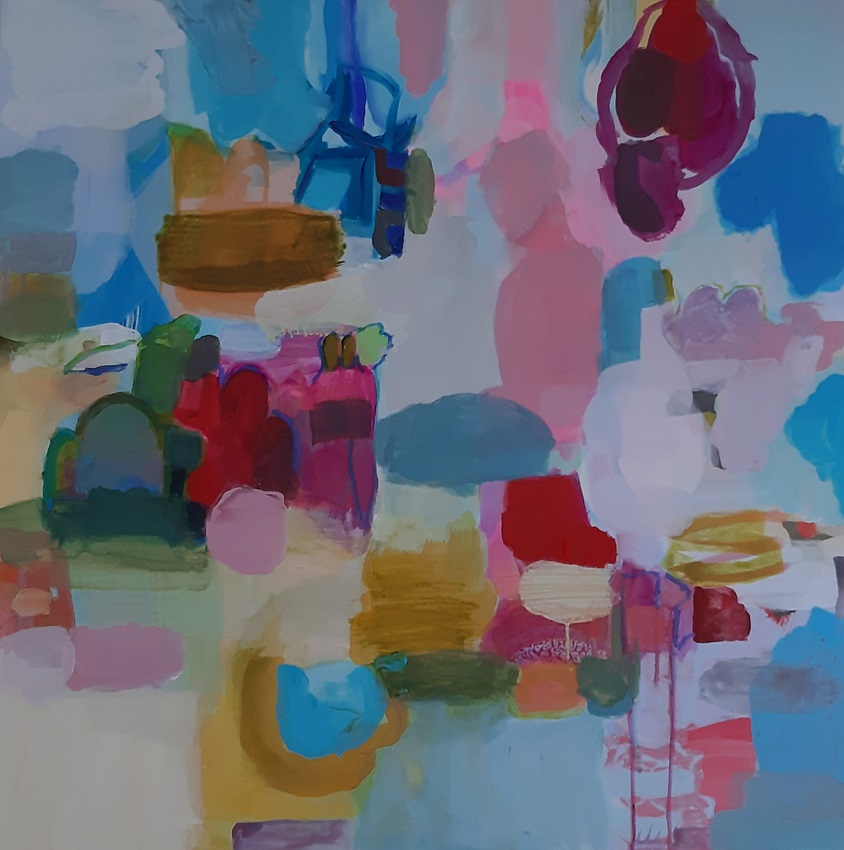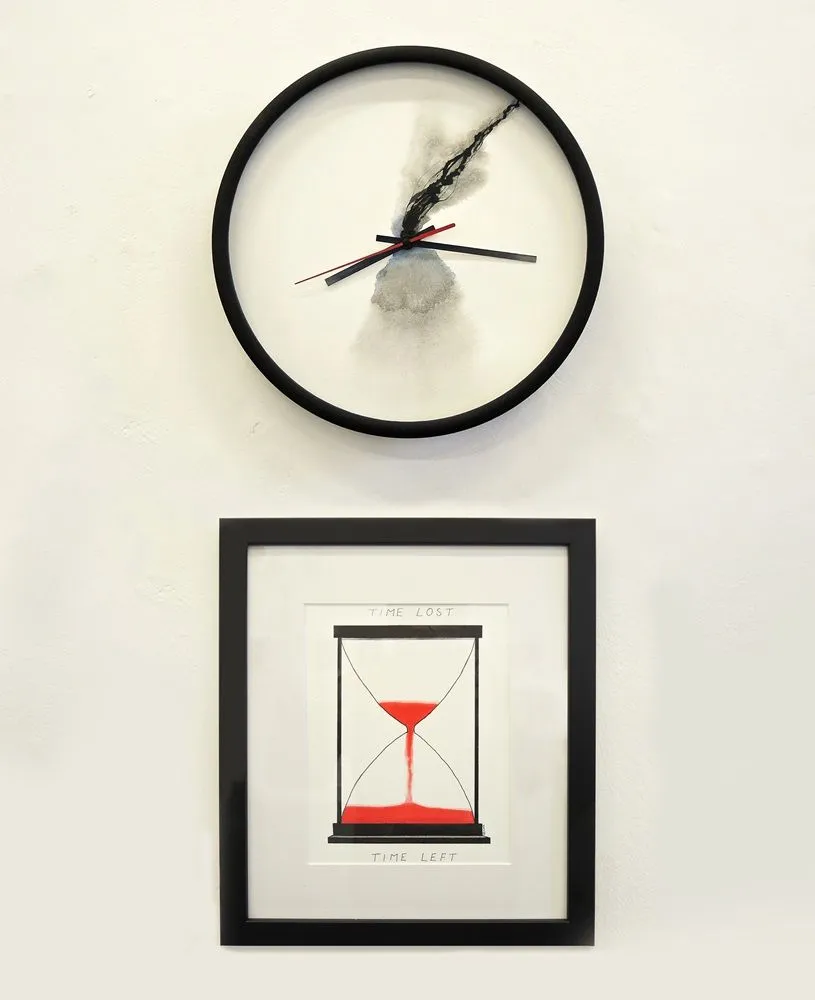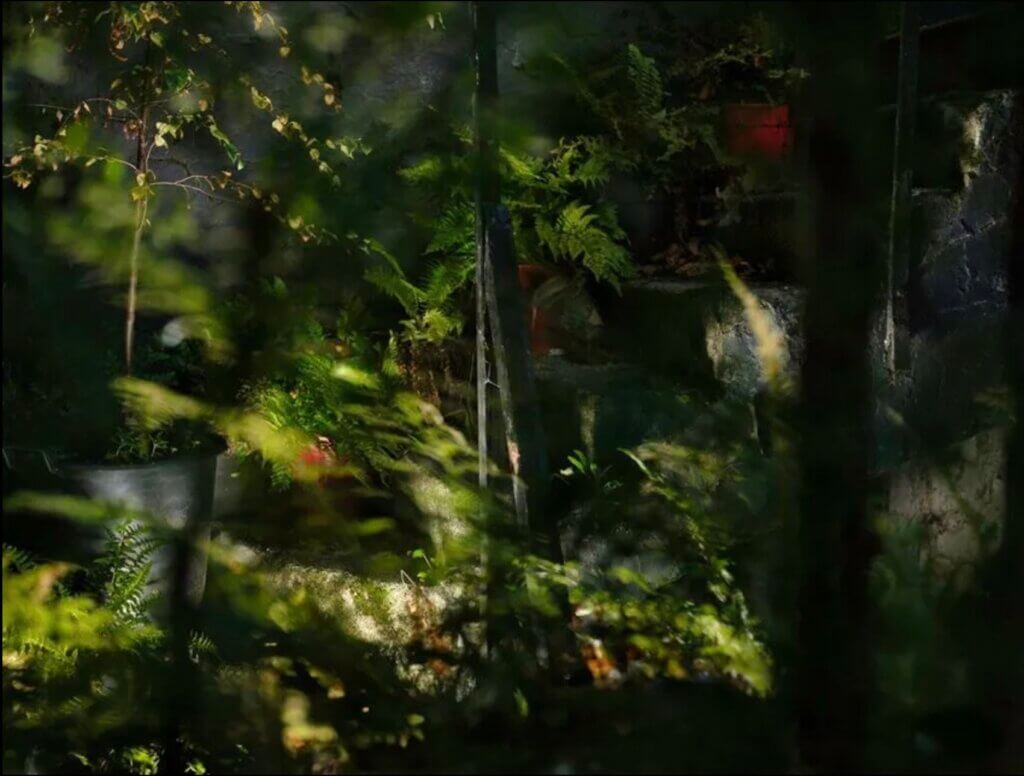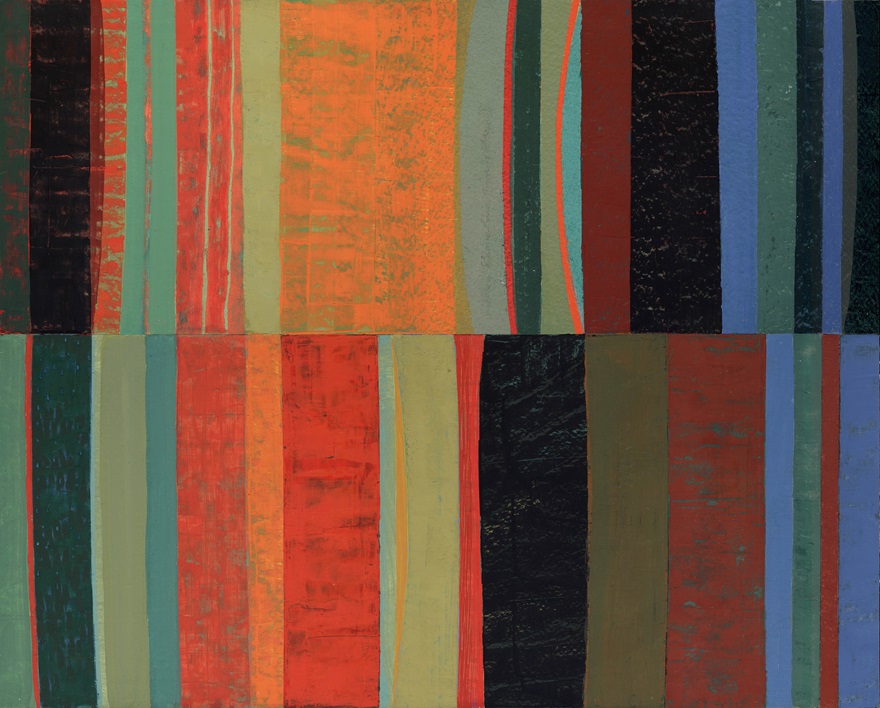
Joe Dunne RHA, Earth Song 12 - Night Heat, egg/oil tempera on paper, 32.2x40.7 cm
Olivier Cornet Gallery
8th September 2024 – Exhibition
Exhibition: JOE DUNNE RHA: Earth Songs and Colour PoemsThe Olivier Cornet Gallery is delighted to present Earth Songs and Colour Poems, Joe Dunne’s first solo exhibition with us.
Launch: 3pm, Sunday 8 September 2024.
Guest speaker: Clare Dunne, actress and writer.
FROM
8th September 2024—3rd October 2024
LOCATION
Olivier Cornet Gallery, Denmark Street Great, Rotunda, Dublin 1, Ireland
More
Joe Dunne RHA was born in Dublin in 1957 and graduated from the National College of Art and Design, Dublin in 1978. His work has often remained within the traditional genres of still life, landscape and portrait painting with recent forays into more stylised or abstract pieces. Dunne is equally accomplished in watercolours, oils and his preferred medium of egg tempera, and has also successfully explored print making. His paintings have won prizes at the Arnotts National Portrait Awards and the Keating McLaughlin Medal, for a group portrait, at the RHA Annual in 2006. He was awarded 1st prize in the inaugural Davy Portrait Awards in 2008.
Commissions by the Office of Public Works include his portraits of former Taoiseach Eamon deValera and of President Mary McAleese.
Dunne’s work is included in the collections of AXA Insurance Ltd., The Royal Dublin Society, The Office of Public Works, Dun Laoghaire Rathdown County Council, The National University of Ireland at Maynooth, Ballinglen Art Foundation Archive, The National Self-Portrait Collection, The Irish Medical Organisation, Dublin Dental School and Hospital, and The Boyle Civic Collection.
The artist is a member of the Royal Hibernian Academy and held the position of Principal of the RHA School of Drawing from 2011-2014.
“My main area of practice is in painting. I have worked at different times in the traditional genres of portrait/figure, landscape and still life. I have also explored non-representational (or non-figurative) pieces over the past 25 years or so realising a significant body of works.
Recently my focus has been almost entirely on abstract composition, principally a series under the collective title of Earth Songs which I began in 2020 alongside other related paintings. Underlying structures such as grids are often used. Geometric forms are frequent elements but not to the exclusion of other organic shapes and mark making. Such approaches connect the work to some of the oldest known paintings in human cultures around the world. There is also a strong correlation with some visual art movements and music developments of the 20th century. The aim has generally been to make poetic, lyrical or aesthetic works, to touch on some essence which may hopefully resonate with the viewer.
The process is studio based, mainly involving oil or egg/oil tempera on traditional supports such as hand-made papers, gesso panels and stretched canvas. I use brushes but more often employ scrapers to spread and layer paint. A preferred medium is tempera paint which dries quickly with its own characteristic matt luminosity. This permits the build-up of translucent layers to attain depth, vibrancy and resonance. Some pieces develop or evolve within the area of a single support while other compositions begin as motifs, painted on smaller off-cuts of paper, panels or canvases.
These elements are then assembled together to build more complex arrangements. A composition emerges over time in a spontaneous, improvised or intuitive way, and without a predefined final outcome. At this stage selection is key to the approach and keeps the process open to change and review. Larger themes or patterns gradually emerge and may be strengthened or edited to enhance the character and dynamics of a particular piece.
In the latter stages I pay attention to pulling together the whole arrangement through minor subtle modulations or more significant alterations. As long as a work is in the studio there is always the chance for further review, revision and fine tuning. Some paintings sustain extensive re-working after a longer period of time elapses.
Titles may help an observer to reflect on a work but naturally each individual brings their own narrative or response to what they see. Although some titles refer to other art forms such as music, architecture and poetry, the paintings are not literal interpretations of specific songs, environments or writings. They may often connect to nature, seasons, climate/weather or emotions reflecting common experience and my own ongoing concerns.”
Joe Dunne
What’s on at Olivier Cornet Gallery
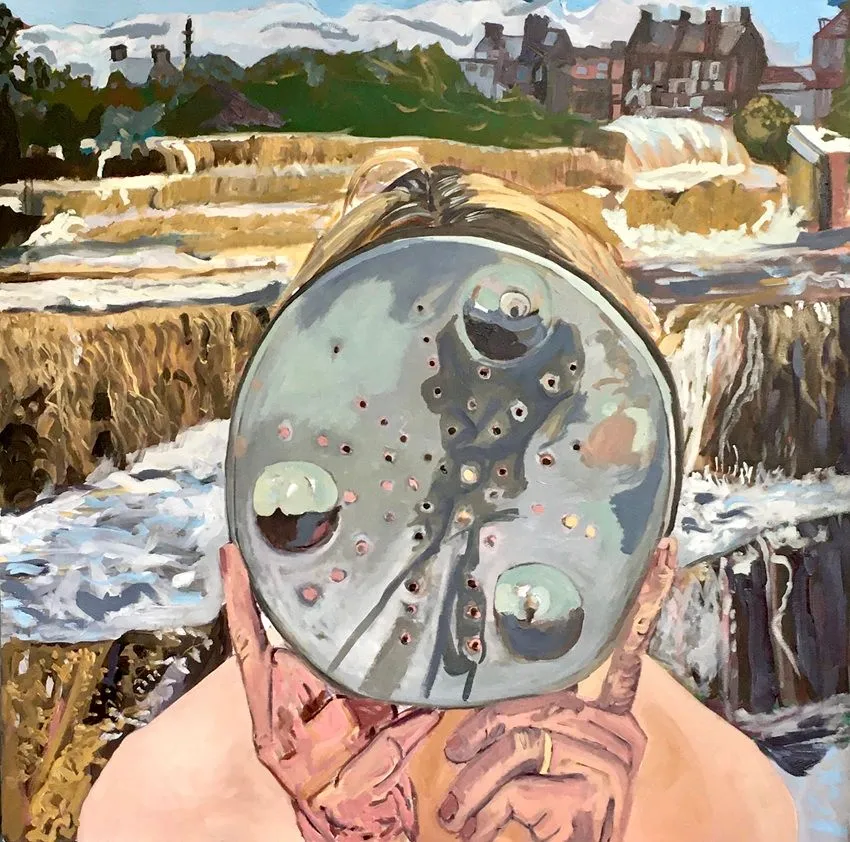 Gairdín Rós| Rose Garden: Vicky Smith
Gairdín Rós| Rose Garden: Vicky Smith 